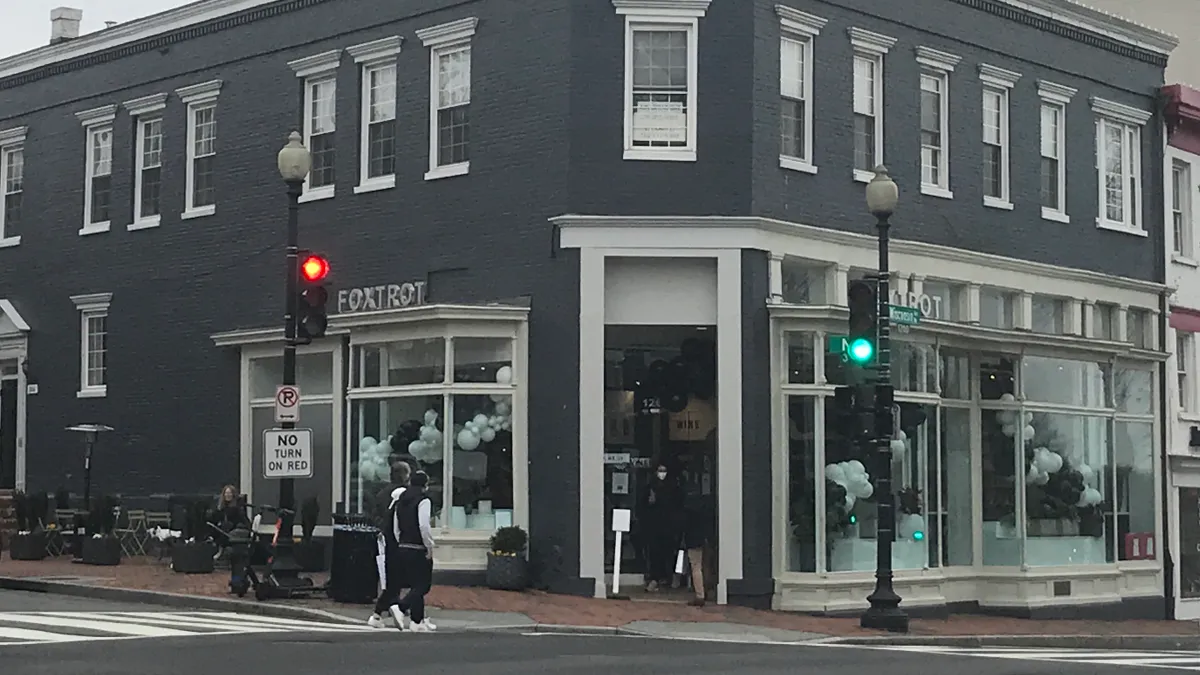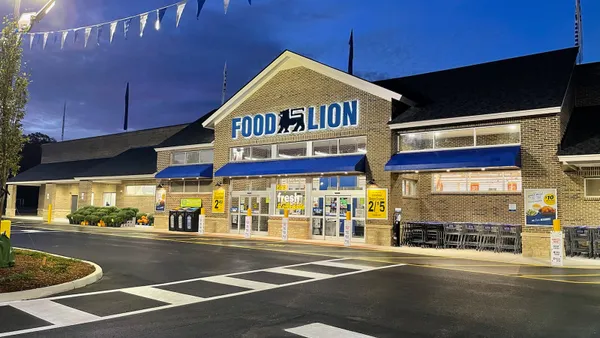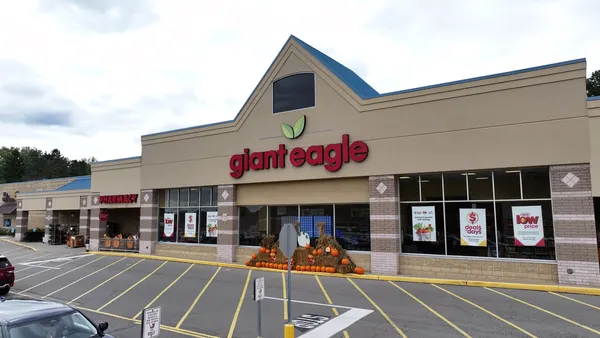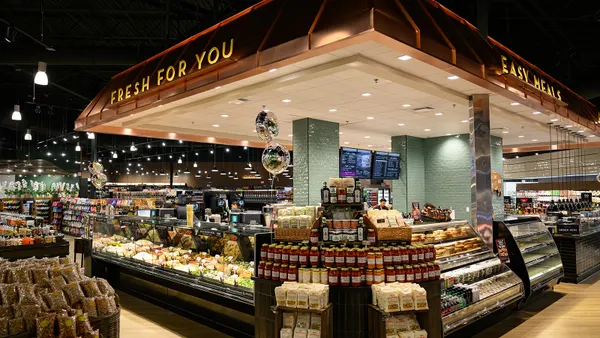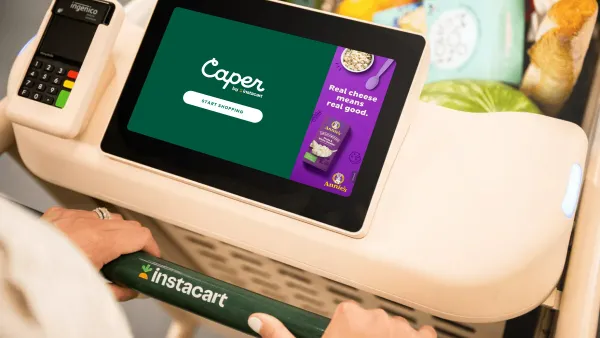Dive Brief:
- Foxtrot has brought in $100 million in Series C funding and expects to open 25 new locations in several cities during 2022, the upscale convenience store chain announced Tuesday.
- The company also is testing cashierless technology in multiple existing stores and intends to triple the size of its engineering staff to about 120 people, co-founder and CEO Mike LaVitola said.
- Foxtrot is preparing to significantly expand its operations after spending 2021 deepening its presence in its home market of Chicago and branching out to Washington, D.C.
Dive Insight:
Foxtrot will deploy its latest round of funding to help meet the goal it announced last summer of adding 50 stores over the next two years.
About half of the new stores will be in Chicago, Dallas and Washington, where all of the 16 stores Foxtrot currently operates are located, LaVitola said. The tech-focused retailer is also planning to begin operations in Boston and Austin, and intends to open four or five new stores in each of those cities during the next year and a half, he said.
"We wouldn't open a store in a market where we only have two stores identified. We really want to be getting four, five, six stores identified and signed in that first 12 to 18 months, and then that's when we hit go. Cities like Austin and Boston have hit that threshold," said LaVitola.
The new locations set to open in 2022 will be in neighborhoods including South First and The Drag in Austin and Boston's Back Bay, according to the announcement. Foxtrot also plans to debut stores in Chicago's landmark Willis and Tribune towers and near the city's Wrigley Field baseball stadium.
Foxtrot plans to establish stores in additional cities, including New York, Miami and Nashville, Tennessee, in 2023 and afterward. The company also said it intends to add more stores in Chicago, Dallas and Washington next year and later.
In addition to developing new stores. Foxtrot plans to use its latest funding, which brings the total it has raised to $160 million, to bring on new technical staff and bolster its logistics, payments, inventory management and personalization capabilities. The company is also planning to invest in its Perks loyalty program.
LaVitola said Foxtrot intends to leverage its insights delivered by its growing in-house technical team to improve its prepared food offerings, particularly for dinnertime, and expand its selection of private label products such as wine and take-and-bake entrees.
"We're able to identify a market need that we're really confident in given all the sales data that we have, kick that over to our design team … to create products that are not private label in the sense of a generic version of a product, but one that's actually celebrated and better than its national counterparts," LaVitola said.
Foxtrot is testing computer vision equipment that would allow customers to leave its stores without stopping at a checkout counter and could have a system ready to deploy this year. LaVitola said the company does not have plans to develop an entirely self-service format.
"From a labor standpoint, the more hours we can allocate towards sampling and storytelling and interacting with customers and less [on] tasks that don't add on to value, like checkout, that's great," LaVitola said.
Foxtrot offers 30-minute delivery along with a pickup program and nationwide shipping of some of its gourmet products. LaVitola added he doesn't see the need for Foxtrot to speed up its same-day delivery program to compete with the growing number of ultrafast delivery companies cropping up in cities where it operates stores.
"Our take is that all the extra energy that could go into shaving another 15 minutes off a delivery is probably better spent on making sure that what's actually coming in that delivery is far and away the best selection in town," he said.




